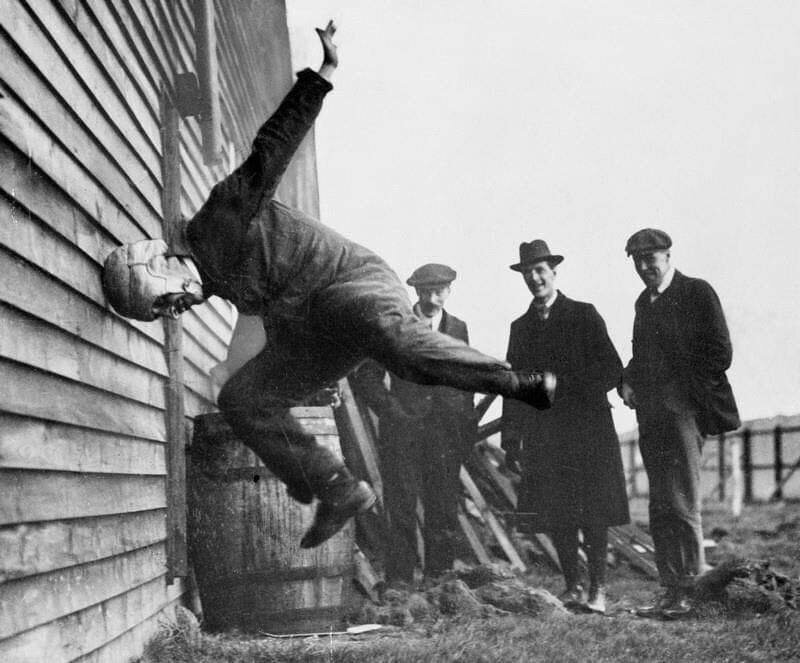+ 1 of the “ TRILOGY + 1” Study OF FOOTBALL NEURODEGENERATIVE DISEASES.
Cleaats Co-principal investigator Dr. Munro Cullum
In 2022 we know that the bell-ringing sound that occurs in football after a hard hit is not harmless. the ring conceals dangers that can manifest themselves decades later.
Originally studied in boxers in the 1920s, CTE has been linked to repeated head trauma; its prevalence among football players has forced the powers in the game to rethink the rules about how the sport should be played and who should play it.
"I hope it doesn't kill the game but that it stops killing the players," Lise Hudson said. "We'd better get on it and figure it out."
The NCAA and the powers to be have done a great job at reconfiguring the help to cushion a blow to the head and setting protocols for athletes who leave the game for a possible concussion.
Coach Royal is gone, but he is still building bridges for athletes through his DKR research fund.
One of the fund's primary goals is to increase national awareness of Alzheimer's and other neurodegenerative diseases. Coach Royal's name gives a voice, a face, and credibility to research a condition that has long been hidden behind closed doors.
His favorite poem as a Longhorn was about symbolic bridges built to help youth who are experiencing trouble waters. Part of the poem follows in purple font.
““to help youth whose feet must pass this way. This chasm, which has been naught to me to that young man, may a pitfall be. He, too, must cross in the twilight dim. Good friend, I am building this bridge for him.””
Cleaats Co-principal investigator Dr. Hunt Batjer
Coach Royal lived his life building bridges for his players to cross safely. In 2022 the leadership of the DKR research fund chose to grant $500,000 to U.T. Southwestern to build another DKR bridge to study the brain wellness of college athletes over 50 years of age. The official title of this study is:
UT Southwestern Peter O'Donnell Jr. Brain Institute CLEAATS Study of Later-Life Brain Wellness in College Athletes.
This Study needs men and women volunteers over 50 who played in any NCAA-approved collegiate sport but never played professionally.
Participants will complete online surveys and a brief telephone interview about their athletic participation history and their current wellness, mood, and cognition.
I completed the questionnaire and the oral portion of the test. Oops! I did not do well on the cognitive part of the test. The medical professionals did not tell me that, but I knew I did poorly. Perhaps a combination of being 73 years of age with three football KOs and many hard hits that resulted in zig-zags back to the huddle are also factors to consider. I watched the Jevan Snead video and lived vicariously through the hit he took.
While frightened by the cognitive test results, I am glad I participated in the study. Maybe my participation will help build a bridge, as Royal said to help youth whose feet must pass my way.
This study for neurodegenerative diseases by U.T. Southwestern is certainly more scientific and less punishing than in the early years of testing for head trauma. Please participate if you qualify for the study.
Those who volunteer for this study will help eliminate mistakes made in the past and help build a bridge for the next generation to cross.
Test results are assigned a number to maintain the privacy of the interviewee.
For more information on enrolling in the Study, visit https://cleaats.com or contact Hannah Doggett via email at Hannah.doggett@utsouthwestern.edu.
https://lnkd.in/gnWFhXG2. Also, Visit https://www.dkrfund.org.



